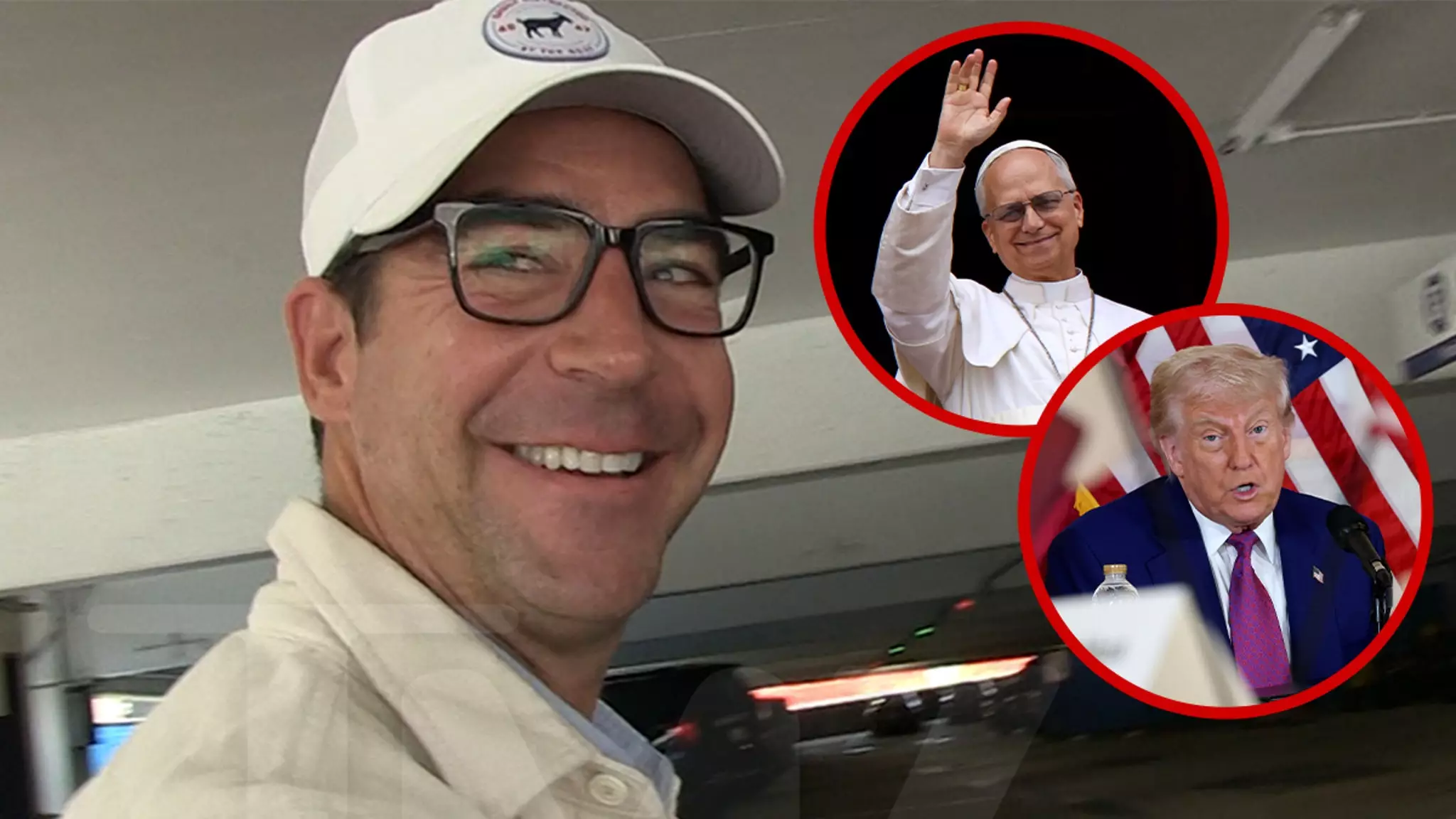In a rapidly evolving world, the intersection of religion and politics remains a complex terrain. Recently, Fox News host Jesse Watters expressed his views on Pope Leo XIV’s liberal perspectives, making it clear that he believes the Catholic leader holds little sway over American politics. This notion raises significant questions about the role of influential religious figures in shaping socio-political landscapes, particularly in the U.S. Watters suggests that regardless of the Pope’s liberal inclinations or public remarks, American politicians will continue to pursue their agendas undeterred. This perspective offers a narrow view of influence, yet it provokes deeper reflection on the broader implications of faith on governance.
The Perception of Power
Watters’ dismissal of the Pope’s potential political influence may stem from a profound perception of power dynamics. While he maintains that American lawmakers remain autonomous, it ignores a crucial aspect: the moral sway that religious authorities can wield over public sentiment and decision-making. The pontiff’s perspectives on societal issues often resonate with large segments of the populace, shaping conversations and challenging the status quo. When Pope Leo XIV discussed topics pertinent to social justice, climate change, or immigration, his words echoed beyond the Vatican walls, finding their way into the hearts of many, including those on the political fence.
Papal Visits: Symbolism vs. Substance
Watters also touched upon the protocol surrounding invitations for papal visits. His comment about Trump’s invitation, delivered through Vice President JD Vance, rests on the traditional understanding that the Pope seldom visits heads of state unless for significant diplomatic occasions. However, this aligns with a broader trend where the symbolism of a papal visit can often outweigh its immediate substance. The invitation embodied a larger dialogue, a bridge between faith and politics, and while Watters seems unconvinced of its reality, one cannot overlook the historical significance that such encounters carry. They serve not just as meetings but as moments of potential reconciliation and guidance.
The Role of Media Narratives
Watters’ interaction reflects a broader media narrative that often simplifies the complex relationship between religion and politics. His statements seem to echo a theme prevalent in contemporary discourse: that faith leaders are relics of the past, out of touch with the realities of modern governance. This viewpoint is shortsighted; embracing the diversity of opinions, especially those from influential figures like Pope Leo XIV, can enrich public dialogue. In a nation grappling with polarization, thoughtful engagement with various perspectives, including those from faith leaders, could foster understanding and compromise, which are vital to democratic health.
Confronting the Future
In light of the continuous evolution of societal values, the conversation between traditional religious beliefs and contemporary political frameworks will only grow more intricate. Whether one agrees with Watters’ stance or not, the issue at hand is deeper than mere political dealings; it underscores the challenge of integrating faith into public life without losing sight of its inherent value. Figures like Pope Leo XIV might not hold direct power in the political kingdom, but they certainly contribute to the building of cultural ethos, guiding and challenging the collective conscience. Acknowledging this complexity is essential in navigating the future where faith and governance intersect.

